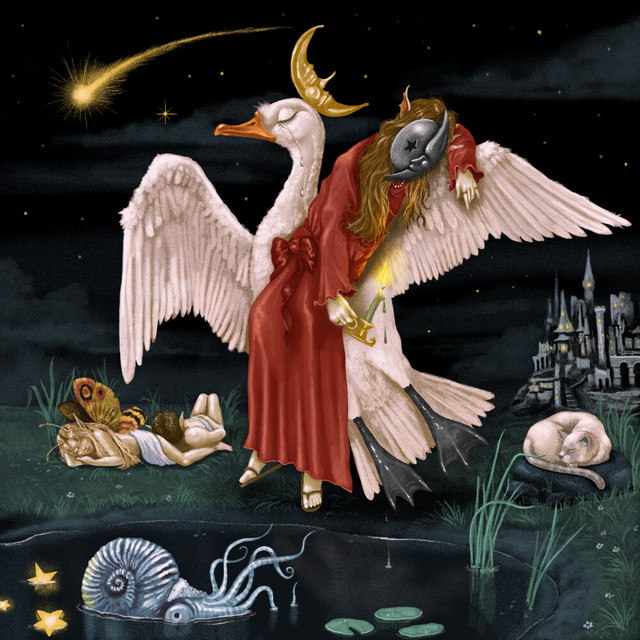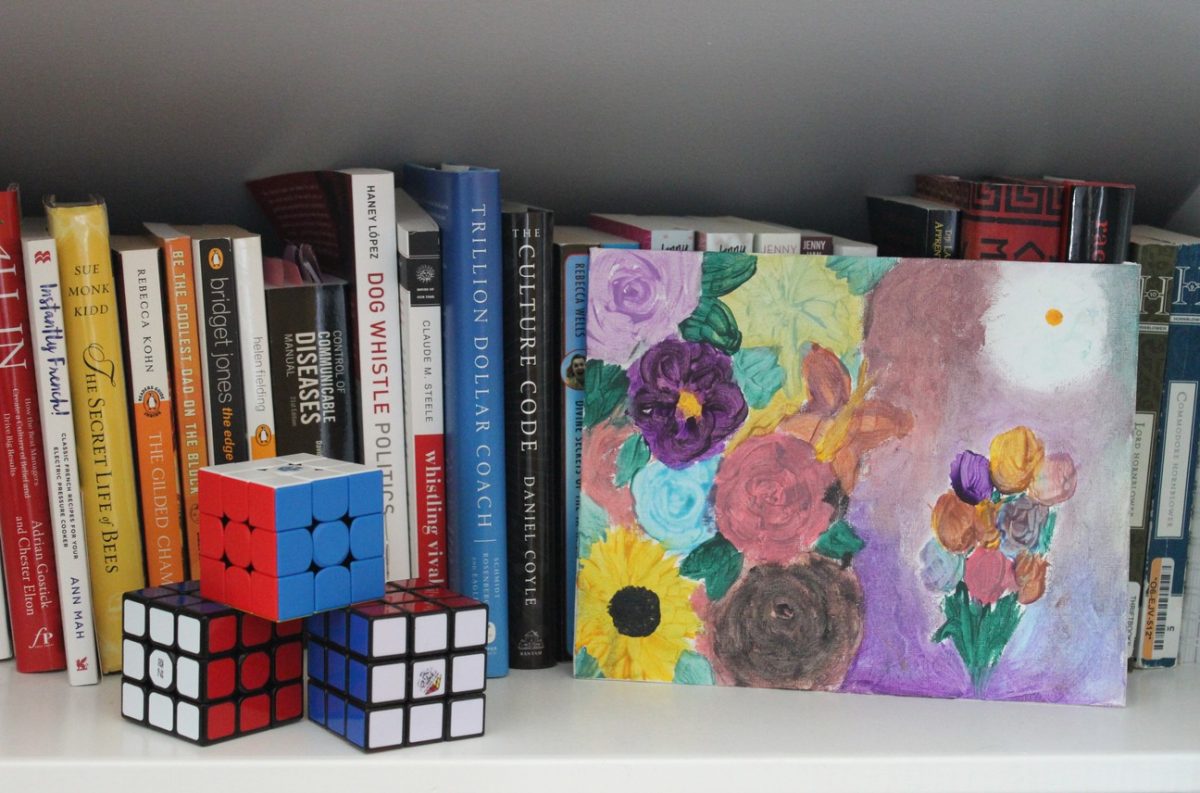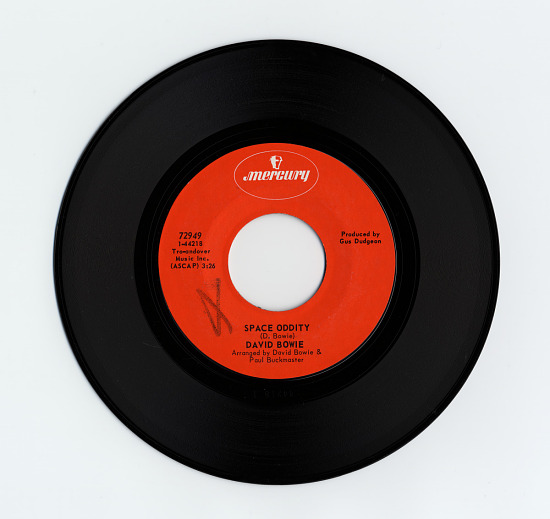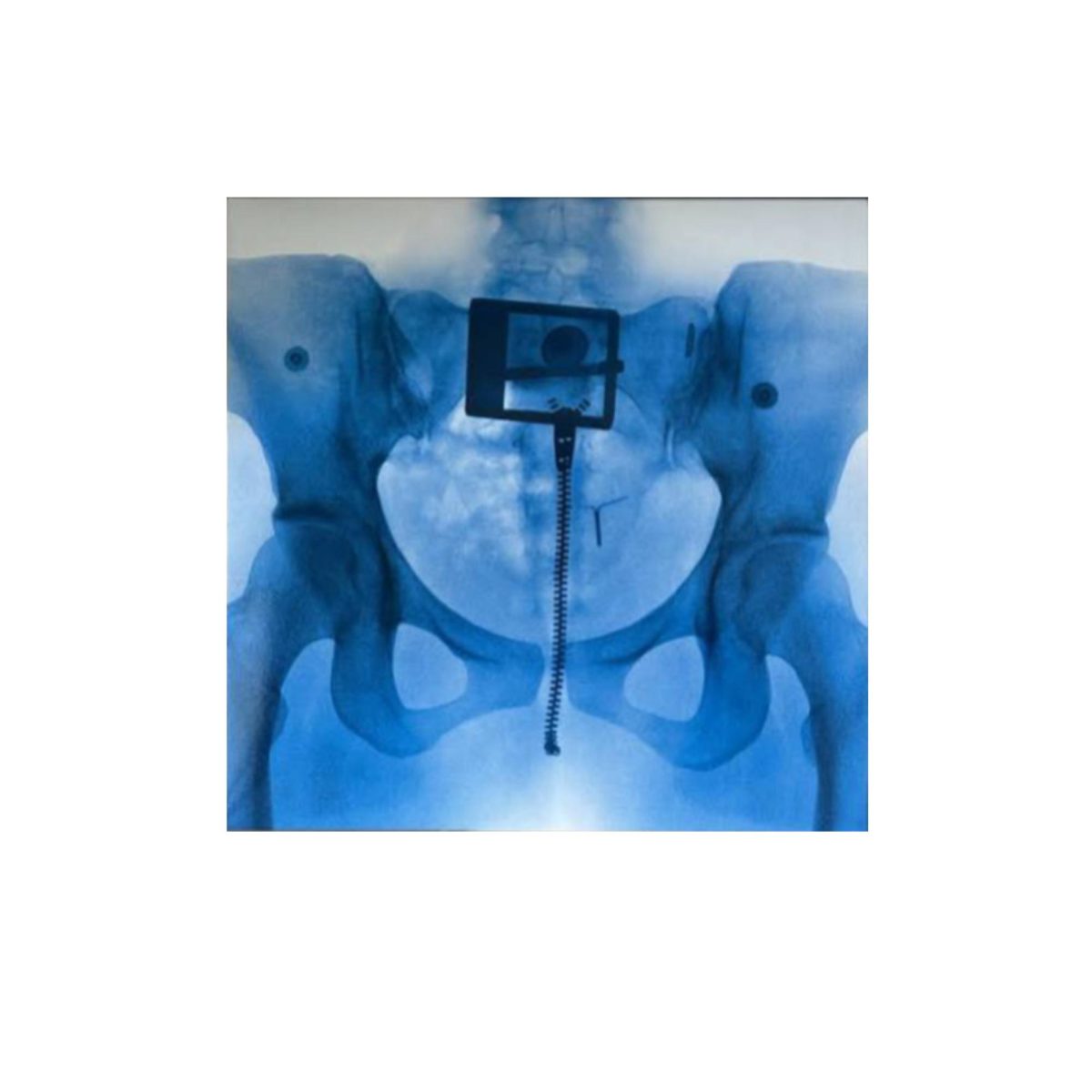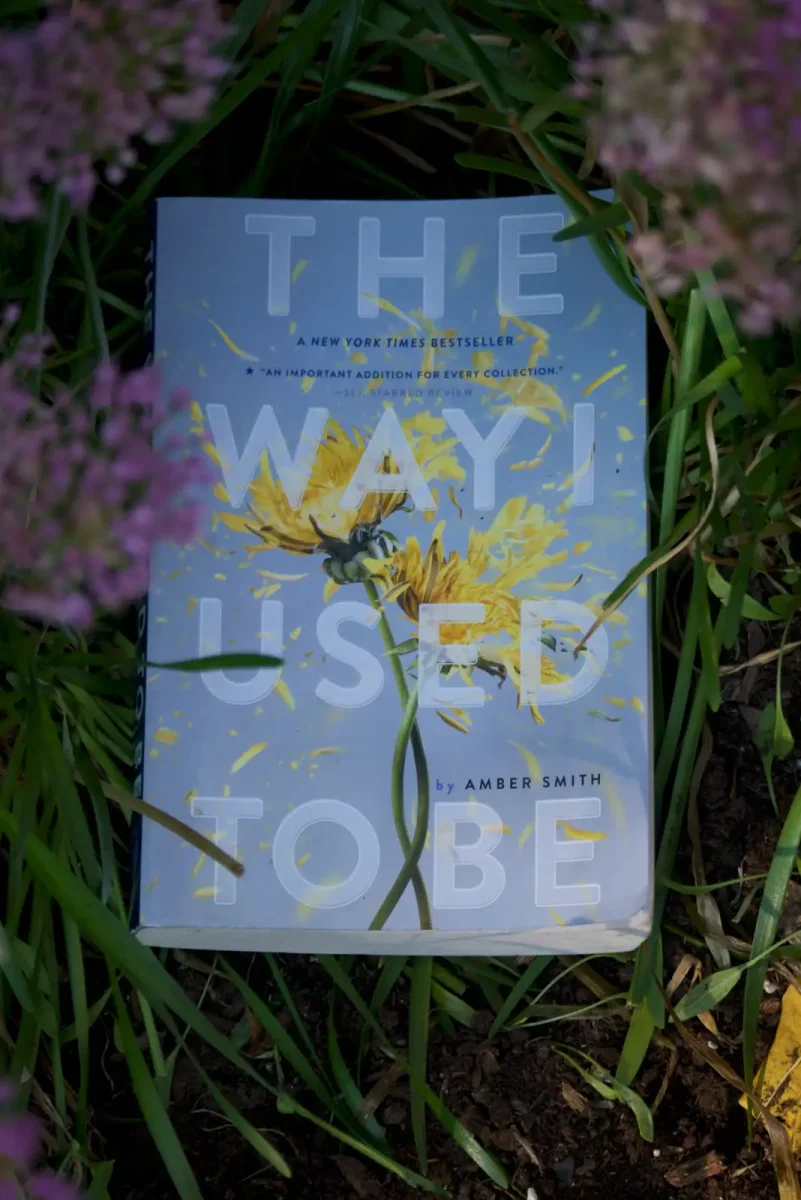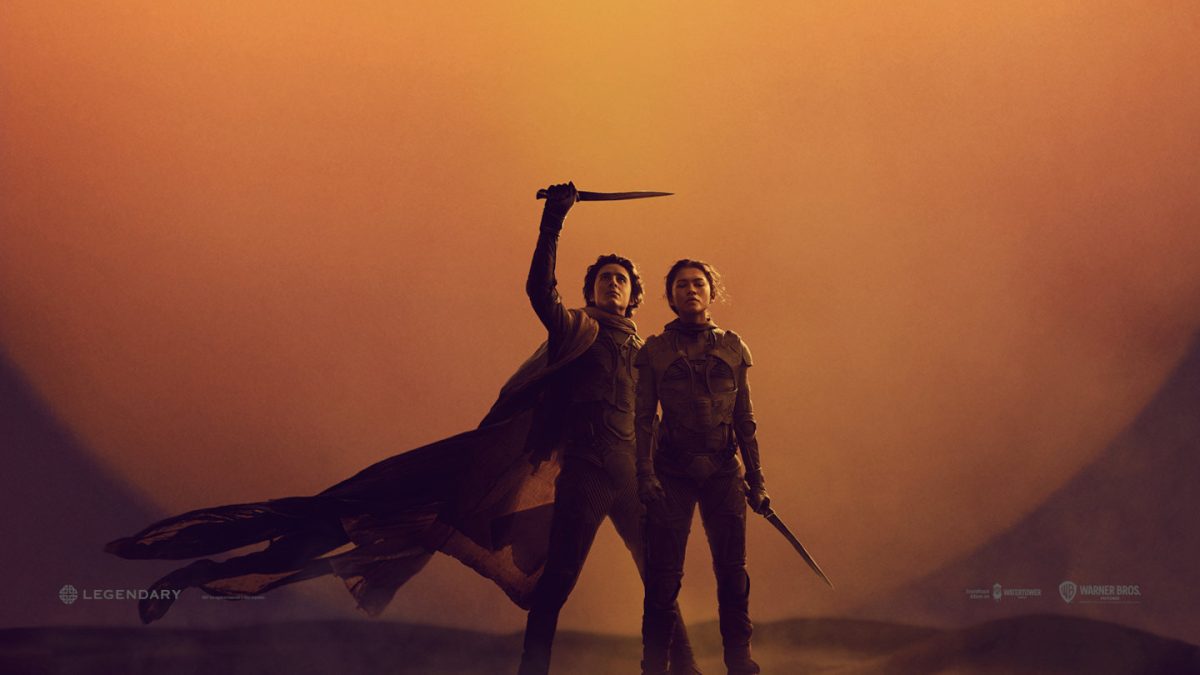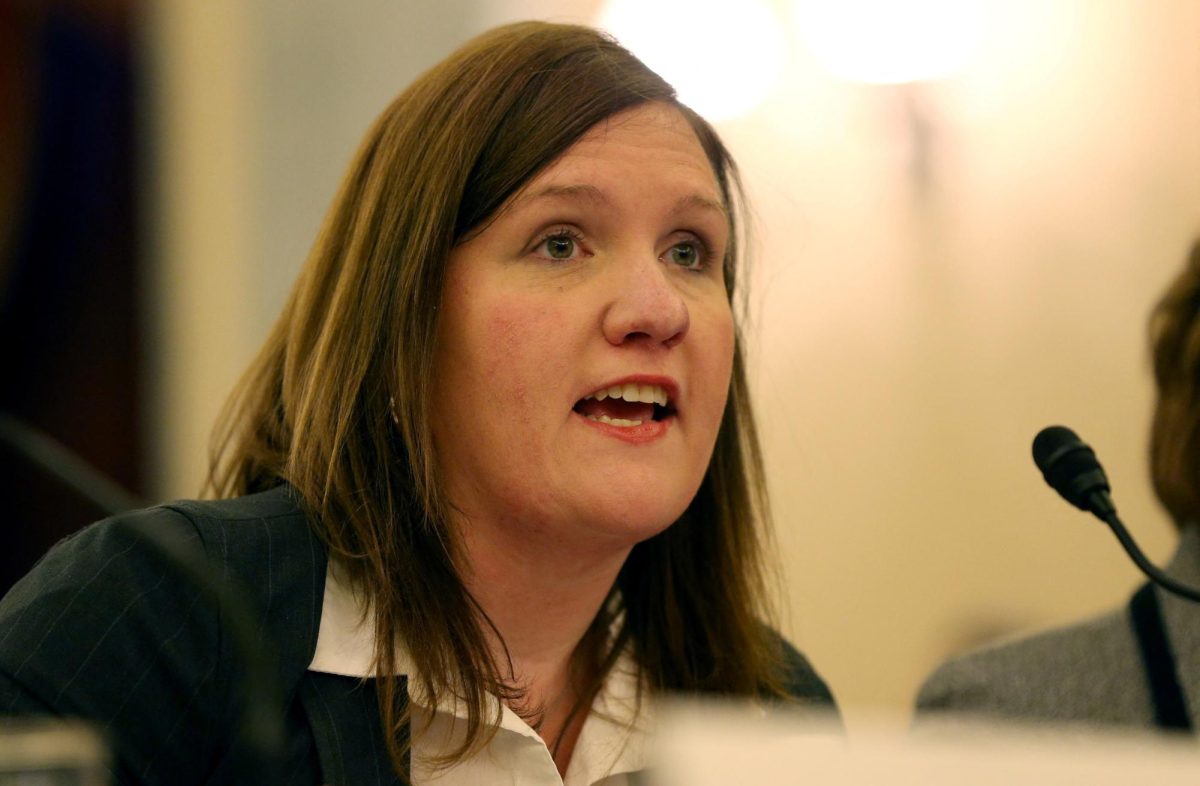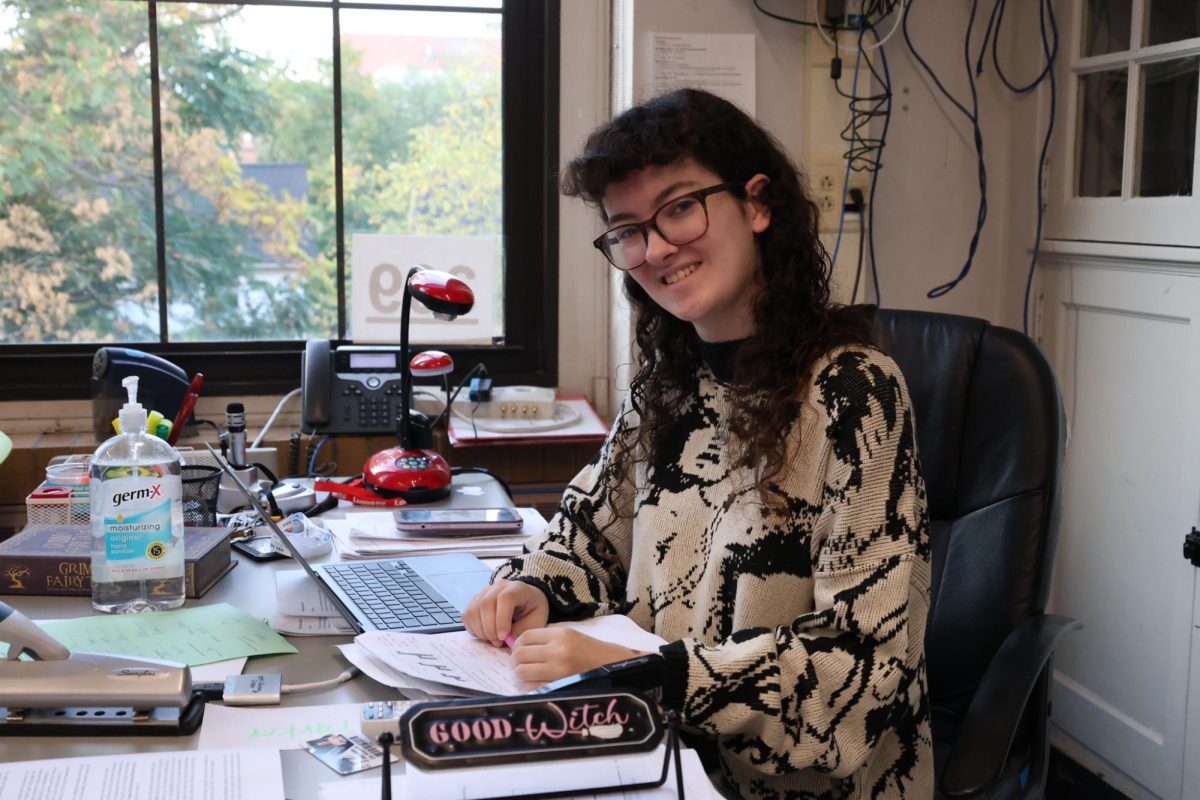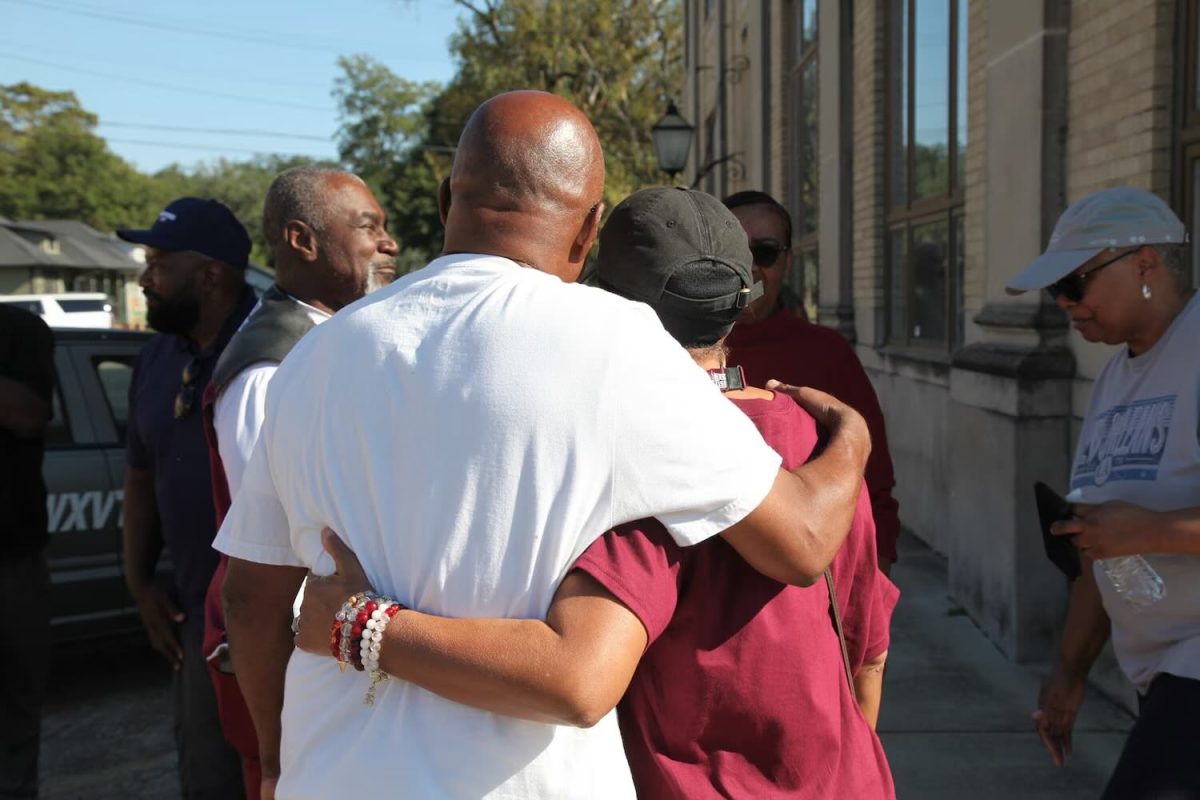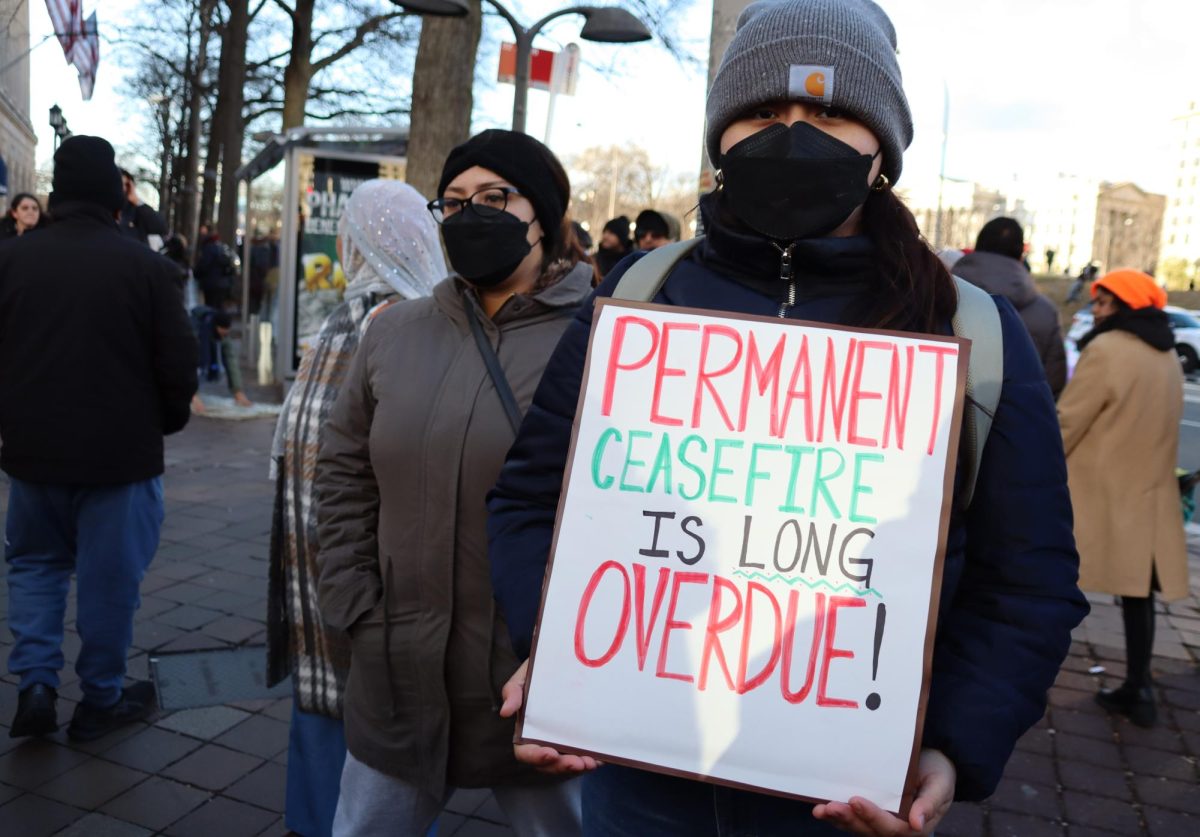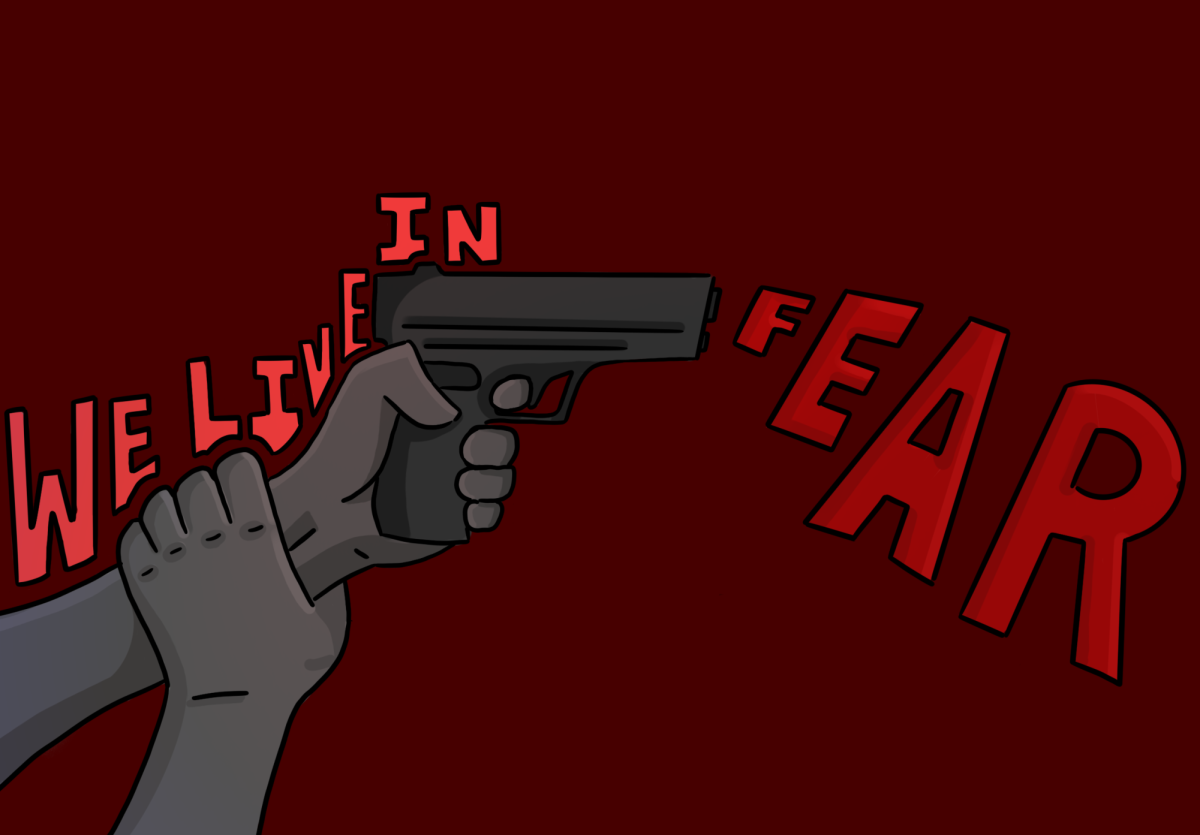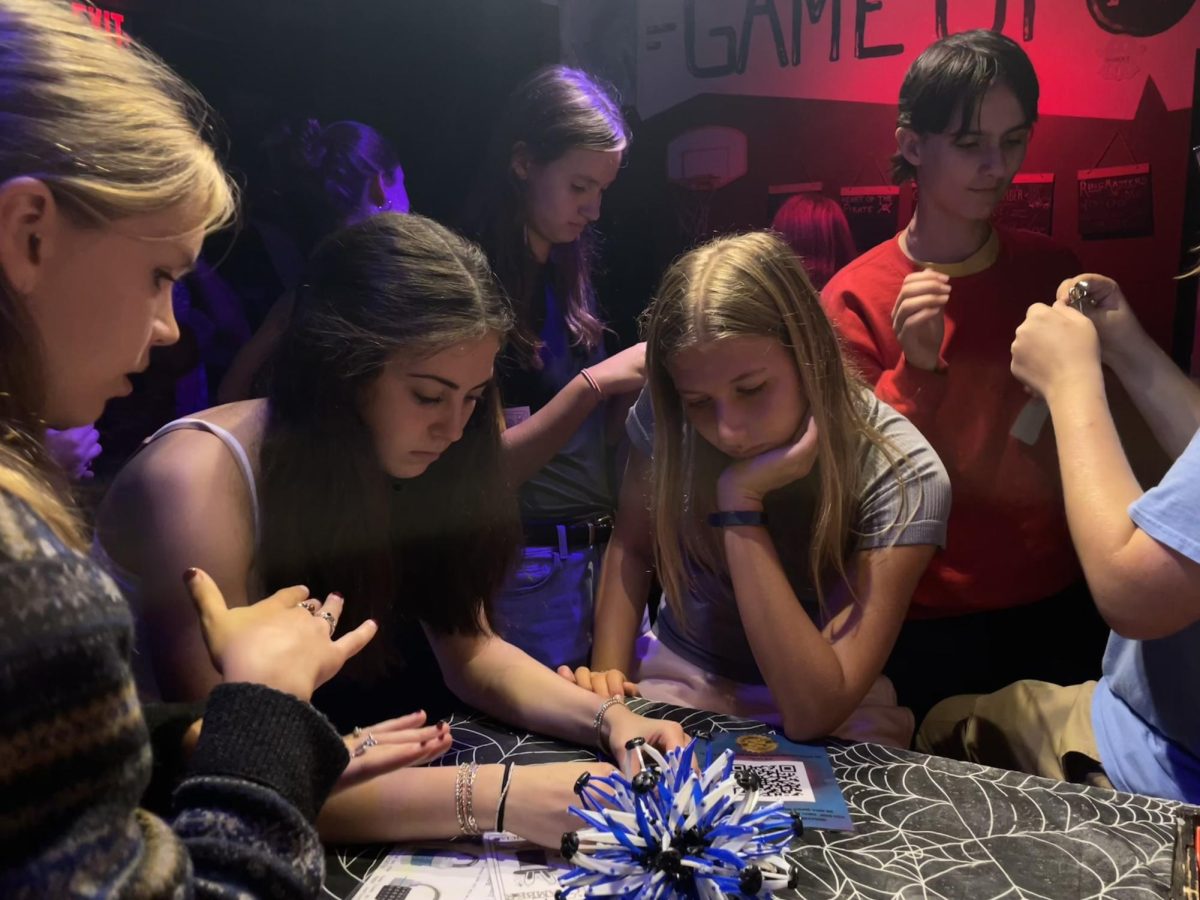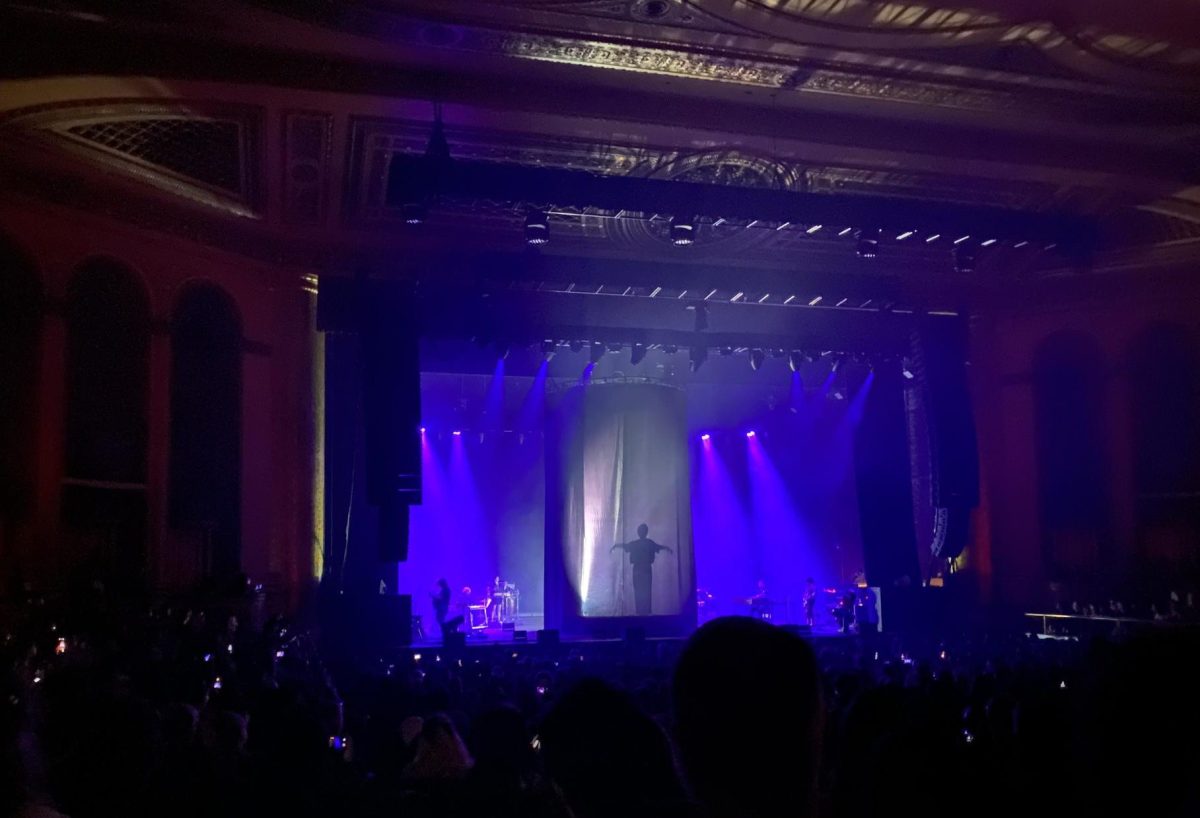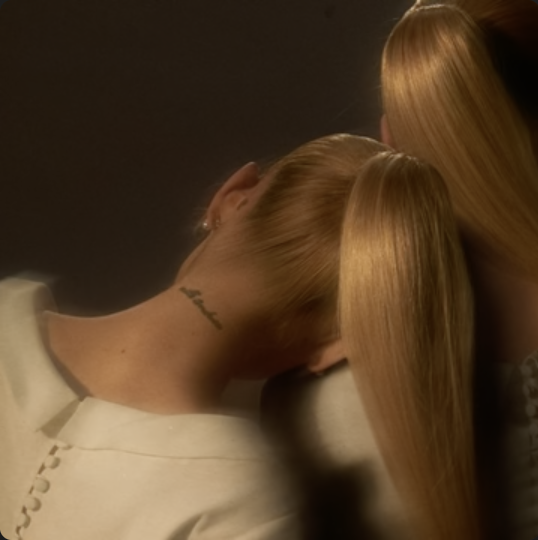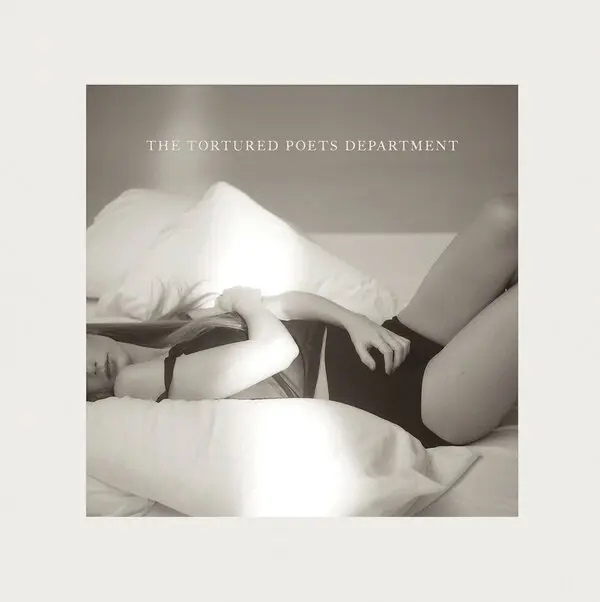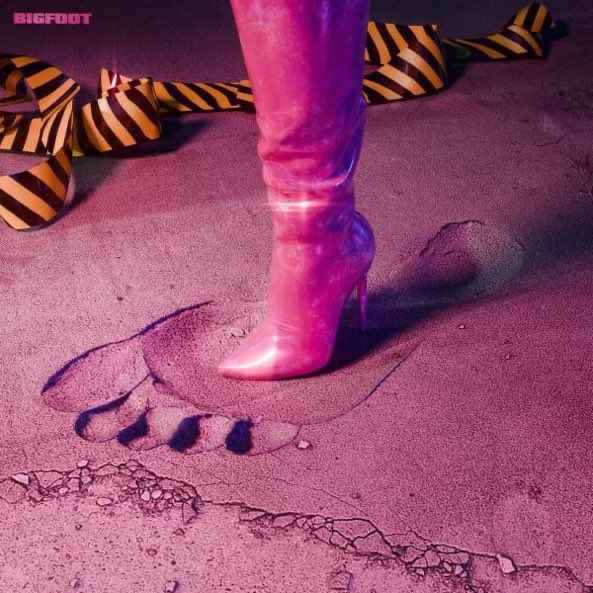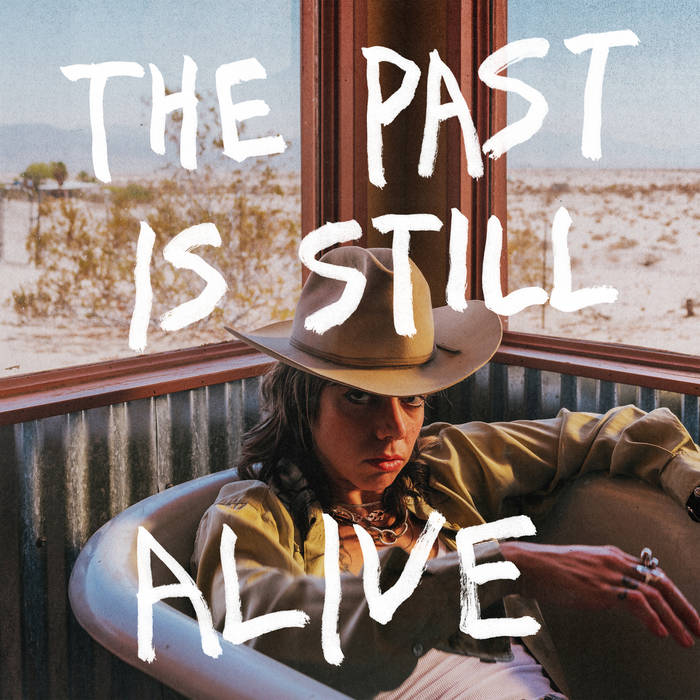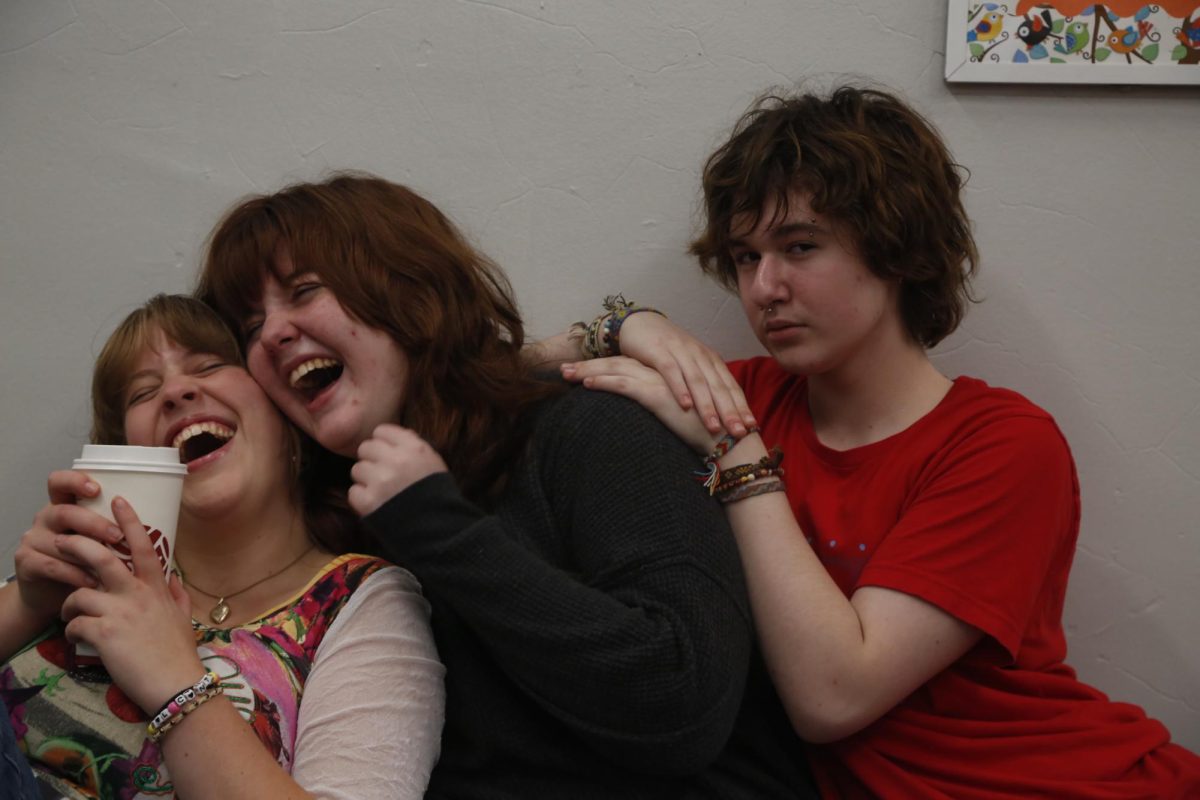Judy Collins sparks a certain vibe in an audience. She comfortably walked on stage, her shirt shimmering and striking, blond hair flowing onto her black blazer.The audience fanned to their feet, applauding in appreciation. Applauding where Collins has been, the music she has created and the music she would play.
She picked up her guitar, said a few words of thanks and dove gracefully into her first song. On its own, Collins’s music is intimate and descriptive. In a unique and quaint venue like The Ark, she might as well be sitting next to you.
Collins, now 72, played at The Ark on Thursday, December 1st. She also played at the Ark’s annual Folk Festival in 2011. The Ark offers performers on the Folk Festival’s set list an opportunity to play an Ark-sponsored later in the year. Collins could have played a show at a bigger venue, such as the Power Center, but the magic in the Ark lies in its intimacy.The uninterrupted performance was relaxed, personal and humorous. She made passes at her age, and talked a bit about the Internet. “You know, I was watching a few videos on Youtube, and you could go on there and see the past fifty years of my life.” Her set included “Both Sides, Now”, a Joni Mitchell song Collins commercially released in 1968. Collins’s performance of Both Sides, Now won a Grammy in 1969. Other songs from the night include “Somewhere Over the Rainbow”, “Diamonds and Rust”, “The Weight of the World” and “Anathea”.
Her voice was showcased in an a capella rendition of the Irish ballad “Danny Boy,” a song Collins’s father used to sing to her as a child. She is not one to shy away from the high notes—nor should she be.The opening act was Kenny White, a comedic—and perhaps bitter—New Yorker, whose lyrics had everyone cracking up. Beyond his lyrics, his piano skills were captivating and non-traditional. White has recorded under Judy Collins’s record label, Wildflower Records.
In a folk fashion, Collins stuck close to her guitar for most of the night. It added a subtle background to Collins’s breathtaking soprano voice. At even her highest notes, she was comfortable. “I’ve been recording for fifty years, but who’s counting?…I am.” Collins said with a grin.
She did manage to break away to the piano. “The Blizzard”, also known as “The Colorado Song” is the story of a stormy night in the Rocky Mountains.The piano part is a story in and of itself, the upper octaves paralleling the free fall of snow, and the lower octaves supporting Collins as she gains confidence throughout the piece.
To see a legend perform is a perplexing experience. Collins’s music and performance was, without a doubt, art. As a 17-year-old, I wasn’t sure if I could grasp who was singing in front of me. I laughed along with jokes about the 60’s, but I began to feel an obligation to Judy Collins and what she represents, as well as the people around me. Singers like Judy Collins, Joan Baez, Bob Dylan, and many more, won’t be here forever.
How do we ensure that their activism, through music and public service, lives on?
Towards the end of the show, Collins sang “Pure Imagination” from the movie “Charlie and the Chocolate Factory”. It may have been the nostalgia, or the beauty in Collins’s voice, but the lyrics almost seemed to be instructive:
“There is no life I know to compare with pure imagination. Living there you will be free, if you truly wish to be. “





